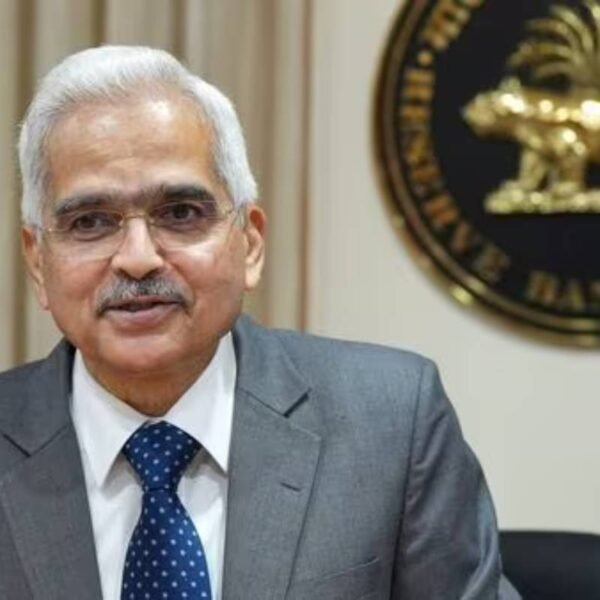source- India Today
Streaming Giant Slashes Jobs in Ongoing Profitability Drive
Spotify, the prominent music streaming platform, announced a significant workforce reduction, aiming to trim 17 percent of its global staff as part of its strategy to enhance productivity and efficiency. The move, unveiled in a blog post by CEO Daniel Ek on Monday, is anticipated to impact approximately 1,500 jobs globally, marking another wave of cutbacks following earlier reductions.
Continuing Restructuring Efforts
The latest round of layoffs comes on the heels of previous job cuts within Spotify’s podcast division earlier in the year. January witnessed 600 job eliminations, followed by an additional 200 in June, all amid the company’s endeavor to streamline operations. This streamlining has extended to programming decisions, including terminating an exclusive podcasting deal with Prince Harry and Meghan Markle in June and the consolidation of podcasting studios Parcast and Gimlet into a unified division, coupled with the cancellation of ten shows from these entities.
Emphasis on Profitability
Spotify’s recent actions align with its intensified focus on achieving profitability. Despite a better-than-expected third-quarter performance, with increased subscriber numbers and a surprising operating profit, the company remains resolute in its pursuit of operational efficiency. As of September, Spotify boasted 226 million paying premium subscribers, surpassing initial forecasts and demonstrating growth from 220 million subscribers at the end of June.
Spotify cuts 17% of staff in third round of layoffs this year
CEO’s Explanation and Forward Strategy
In his blog post, CEO Daniel Ek acknowledged the substantial impact of the layoffs amidst positive earnings and justified the decision, expressing deliberation over smaller reductions across 2024 and 2025. Ek emphasized the necessity of significant action to align operational costs with financial objectives, recognizing the difficulty of this step for the team while emphasizing the need for change within the company’s operational framework.
Forward Outlook
Ek concluded by underscoring the importance of these reductions in shaping a more robust and efficient future for Spotify. He highlighted the imperative nature of altering the company’s operational approaches to better align with strategic objectives.
Spotify’s decision to reduce its workforce significantly reflects a strategic move aimed at fostering greater efficiency and financial sustainability, albeit at the cost of substantial job losses. As the company navigates these changes, it anticipates a recalibration of its operations in line with its future goals.
As Spotify navigates the aftermath of these workforce reductions, the company is poised to leverage this restructured framework to drive innovation and cultivate a more sustainable business model. The forthcoming period will likely witness the implementation of strategic initiatives aimed at bolstering profitability while continuing to cater to the diverse musical tastes of its expansive user base.









